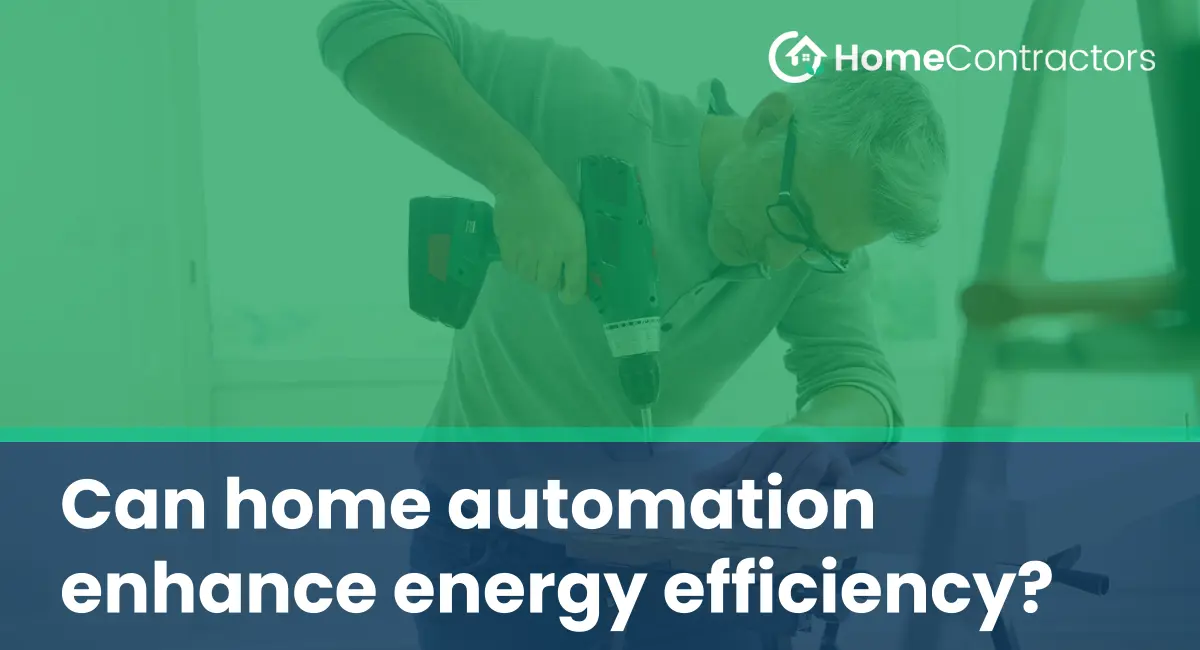Home automation, also known as smart home technology, refers to the integration of various devices and systems within a home to enhance convenience, comfort, and energy efficiency. It allows homeowners to control and monitor their appliances, lighting, heating and cooling systems, and security systems through a central hub, mobile app, or voice command.
Energy management through smart thermostats
One of the main ways that home automation can enhance energy efficiency is through the use of smart thermostats. These devices not only allow homeowners to control their HVAC systems remotely but also use advanced algorithms and sensors to learn the household’s patterns and adjust the temperature accordingly. By optimizing the HVAC operation, smart thermostats can help save energy and reduce utility bills.
Efficient lighting systems
Another aspect of home automation that contributes to energy efficiency is the implementation of smart lighting systems. Traditional lighting consumes a significant amount of energy, especially when left on unnecessarily. Smart lighting, on the other hand, allows users to schedule lighting based on their lifestyle and occupancy patterns. They can also adjust brightness levels and even control lights remotely. These features help reduce energy waste and minimize electricity costs.
Appliance control and monitoring
Home automation systems also enable homeowners to control and monitor their appliances remotely. Smart plugs can be connected to various devices such as TVs, computers, and kitchen appliances. With this capability, users can turn off devices when they are not in use or set schedules for their operation. This feature prevents energy wastage caused by leaving appliances on standby and ensures they are only used when needed.
Optimizing energy use with energy monitoring
Another advantage of home automation is the ability to monitor and optimize household energy consumption. By integrating energy monitoring devices into the automation system, homeowners can gain real-time insights into their energy usage patterns. This information allows them to identify appliances or areas of the house that consume the most energy and make adjustments to reduce consumption accordingly. It also enables them to track energy-saving efforts and measure their impact in terms of cost savings and carbon footprint.
Home automation has emerged as a powerful tool in enhancing energy efficiency. Through features such as smart thermostats, efficient lighting systems, appliance control, and energy monitoring, homeowners can optimize their energy usage and reduce waste. By reducing energy consumption, not only can individuals save money on utility bills, but they can also contribute to a greener, more sustainable future. As technology continues to advance, it is expected that home automation will play an even larger role in promoting energy efficiency in households around the world.
